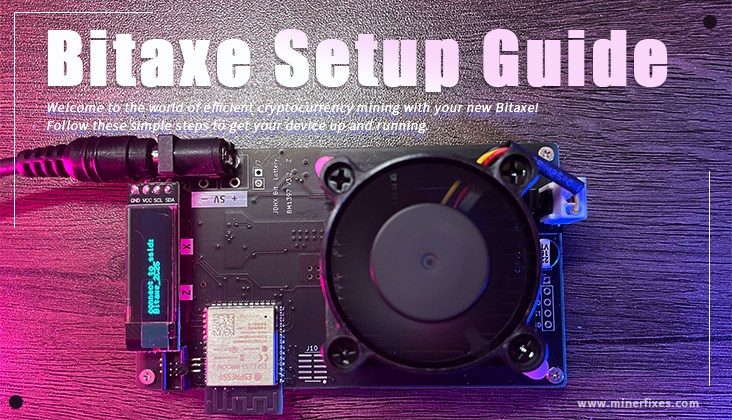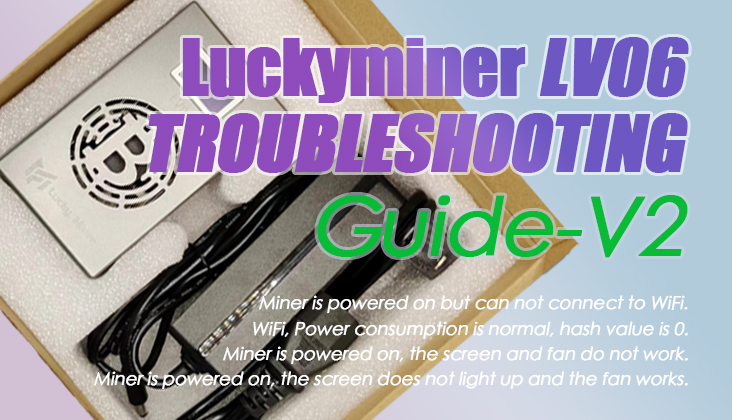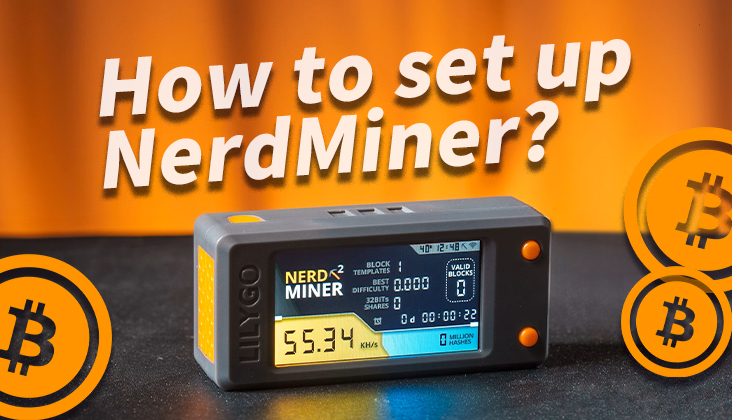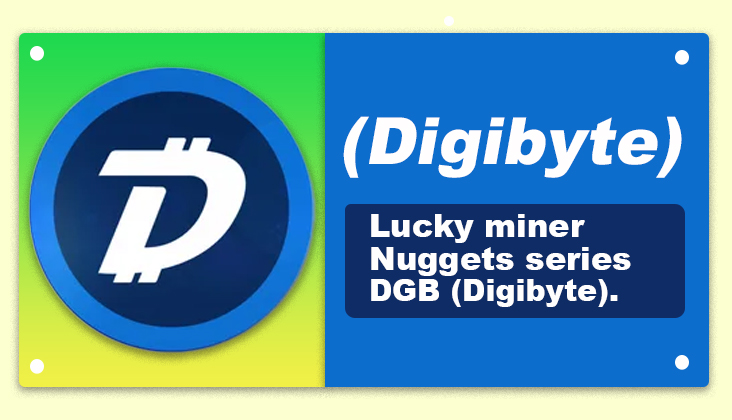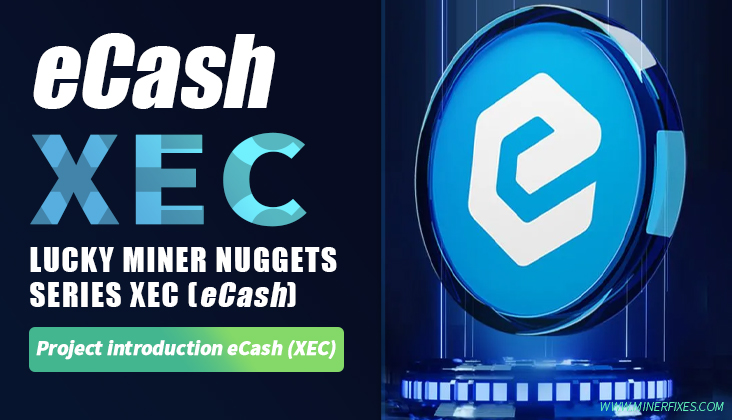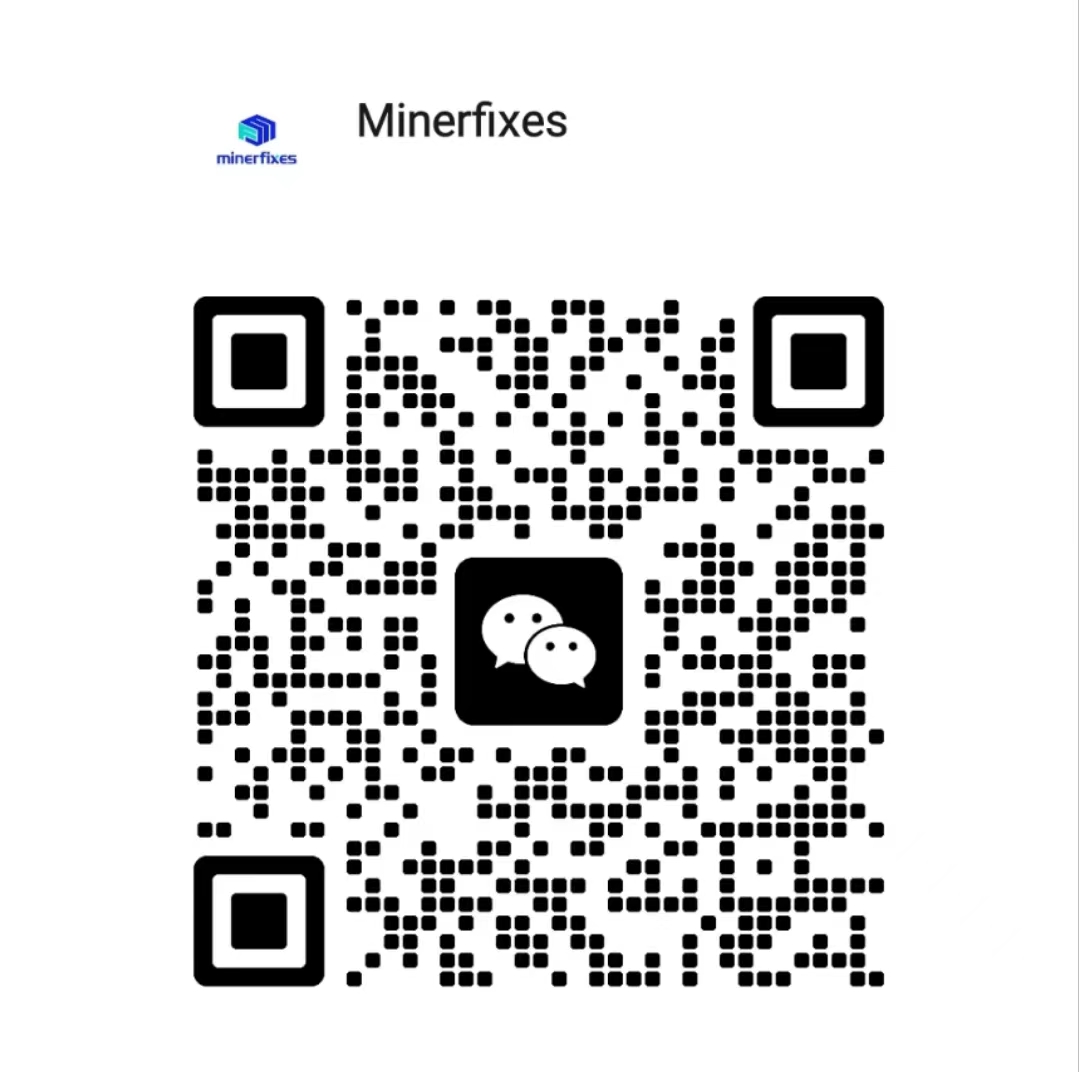1. Can I mine other cryptos with Bitaxe or Zyber?
Yes! If you're tired of mining Bitcoin, you can also mine other cryptos encrypted by the SHA-256 algorithm. Simply research and identify the specific coins, then fill in the mining pool and corresponding wallet address to switch the cryptocurrency you're mining.
2. What is the "Hashrate" of the miners?
Mining is akin to a blindfolded person throwing darts. Different levels of hashrates correspond to the number of darts you can throw at once. Even though everyone is throwing darts blindfolded, there's no technical skill involved.
However, throwing a handful of darts at once increases your chances of hitting the bullseye compared to throwing just one dart at a time. But that doesn't mean you can't hit the bullseye with a single dart or achieve worse results than throwing multiple darts simultaneously. It all comes down to probability. You know Bitaxe Ultra and Hex did hit a block, you can see the news here.
* If the hashrate of a miner is 1Th / s , it means this crazy thing throws 1,000,000,000,000 darts per second!
3. What does the "Best Difficulty" mean?
Mining is akin to a blindfolded person throwing darts (throwing darts again). The closer your dart lands to the bullseye with each throw, the higher the "best difficulty" score you achieve. Once your "best difficulty" surpasses a certain threshold, it means you've hit the bullseye—in other words, you've successfully mined a block.
* The mining difficulty for blocks dynamically adjusts based on the network's total hashrate. This means that the more miners there are, the smaller the "bullseye" becomes, and the lower the chance of successfully mining a block.
4. What is the "Shares" and "Submits" in the mining pool?
Mining crypto in a pool is like mining gold for a company. The shares you submit are like small pieces of rock you dig up and show to the boss. They're not the gold, but proof of your effort. Though finding real gold still depends on luck, the more rocks you dig out, the easier for the others to find real gold.
When a block is found, you claim rewards from the boss based on your proven work. The boss’s rewards depend on the pool’s payment method.
5. What is the "Diffculty" of a pool?
Think of "difficulty" as how hard the rock you’re mining is. Harder rocks (high difficulty) require heavy machines (like industrial miners), while softer rocks (low difficulty) can be dug with a shovel (desktop home miners). "Submissions" are the rubble you dig up (proof of work).
SOLO Pools prefer high-difficulty rubble (e.g., large rocks over sand) to reduce verification work. Many pools supporting solo mining set a minimum difficulty. If you keep submitting low-difficulty proofs (like sand), the pool might reject you or kick you out.
6. How do I choose the mining pool? Which one is the best?
There is no the best pool. Different pools are with different fees rate and settlement method. Whatever settlement method the mining pool you fill in the "Stratum Host" is the method you'll use for mining. Just choose a stable one that fits your condition. Here are some common settlement methods of mining pools:
① PPS (Pay Per Share): Fixed payment per valid share submitted, regardless of whether the pool finds a block. This provides a stable income but relatively low for the pool bears all risk.
② PPLNS (Pay Per Last N Shares): The longer you stay, the more you get paid when hitting a block. Rewards distributed based on shares contributed during the last N shares before a block is found. This settle is to reduce the pool hopping behavior.
③ PROP (Proportional): Miners receive a proportion of the block reward based on the number of shares they have submitted relative to the total number of shares submitted by all miners in the pool when the block is mined.
④ SOLO: Simple and straightforward. You are on your own and get everything or nothing like a lottery. The pool may charges some fee when a block was found, for the cost of maintaining the pool
7. Is wired network (Ethernet) superior than wireless network (Wi-Fi) when a block is found?
In reality, the speed advantage of wired networks over wireless networks amounts to just a few milliseconds. Wired networks only outperform wireless ones in scenarios where a block is discovered at the exact same instant.
* The probability of such an occurrence is so slim that it's akin to winning the lottery and then getting struck by lightning right after.
8. What is OC (overclocking) the miner? Will this reduce the lifespan of the chip?
Overclocking is like forcing your chip to work overtime for higher output, but you need to ensure proper cooling to prevent it from failing. Heat is the real enemy of the chip. Theoretically, with proper cooling, OC will not reduce its lifespan.
Reprinted from https://tinychiphub.com/blogs/technical/home-mining-faq---understandable-answers-for-newbies-2025-ongoing-updates-
 69168.38USD
69168.38USD 53.33USD
53.33USD 1.41USD
1.41USD 0.09USD
0.09USD 2027.42USD
2027.42USD 8.34USD
8.34USD 620.84USD
620.84USD 83.39USD
83.39USD 0.08USD
0.08USD 0.03USD
0.03USD 0.09USD
0.09USD
 Favorites
Favorites History
History
